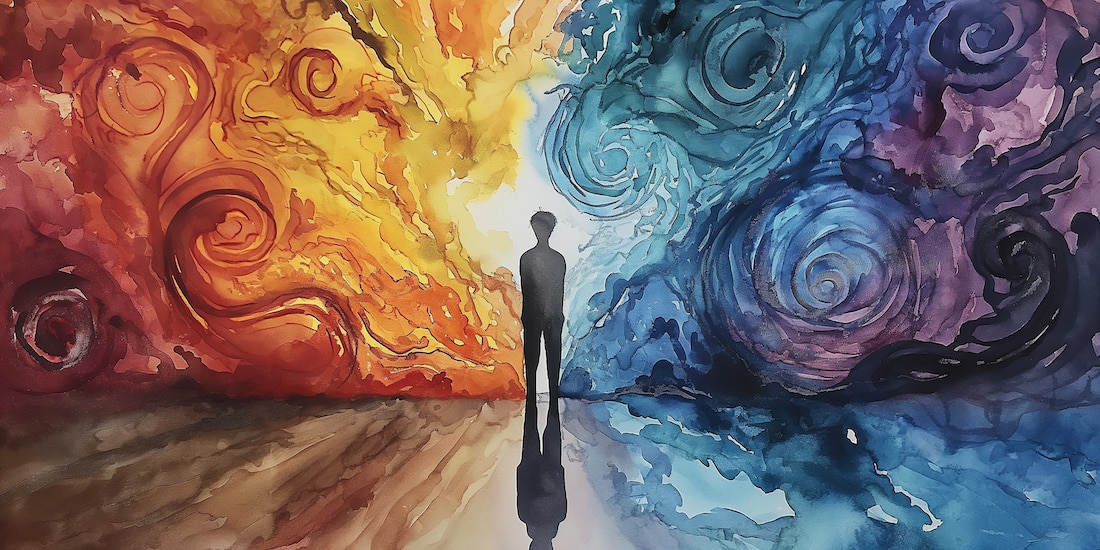According to the ADAA (Anxiety and Depression Association of America), social anxiety is “the extreme fear of being scrutinized and judged by others in social and performance situations.” Unfortunately, this disorder is sometimes overlooked or passed over as just shyness. However, for those suffering, it can be a life-altering disorder. About 15 million American adults suffer from this in some form or another—mainly because it is so easily “brushed off” as shyness.
Symptoms of Social Anxiety
The symptoms of social anxiety can vary from person to person. In some patients, the symptoms manifest themselves physically causing blushing, sweating, trembling, heart palpitations and even nausea during social situations. Other patients may have some control over the anxious behavior and others simply avoid seeking social situations altogether. The depression and detachment that this causes can have a highly negative impact on a patient’s overall life. Additionally, according to ADAA, social anxiety sufferers are more likely than others to seek to self-medicate through alcohol and drug abuse—leading to further problems.
Risks of Social Anxiety
As mentioned before, those with social anxiety naturally suffer certain issues in their lives. They may not be able to communicate effectively with those around them, making it hard to obtain or maintain employment, romantic relationships or friendships. Seeking to self-medicate with drugs and alcohol can lead to dependencies that haunt a patient for a lifetime.
Annals of Behavioral Medicine published a study in 2011 that pointed to social anxiety in young people as a major risk factor for many dangerous conditions in later life. The stress from this disorder wreaks havoc on the body and mind leading to an increased risk for high blood pressure, weight gain and high cholesterol later in life. Research indicated that for women, adolescence was the period of time when this was most significant while for men it was young adulthood. In either case, it becomes clear that it is important for young people or their families to seek treatment and work to resolve the underlying anxieties before they spiral out of control.
If you recognize the signs of social anxiety in yourself or someone you love, it may be time to seek help. Through proper treatment methods (which often include counseling and social integration), a patient can learn to cope with these anxieties and develop stronger relationships with friends, family members, co-workers and others — hopefully, leading the life he or she has always wanted.
In many ways, we are only beginning to understand mental illness disorders. And, each advance in our understanding gives us better tools to treat, diagnose and even predict mental illness. Recent studies of DNA now give stronger indications than ever that the cause of schizophrenia and a number of other mental health disorders may be, in part, genetic.
Schizophrenia has a high hereditary factor; this has led many researchers to believe that the disorder could have a genetic link. Researchers from the Stanley Center for Psychiatric Research at Broad Institute of MIT and Harvard recently identified over 100 genes that could play a role on schizophrenia. Scientists are still untangling what the role of these genes are. Some, as expected, were related to the brain chemical dopamine. Others, however, involve the immune system. Still others were associated with behaviors like heavy smoking. It is currently theorized that the genes in question may play more than one role; for instance, affecting the immune system in one way and the brain in another.
Other evidence of schizophrenia’s genetic factors comes from the Psychiatric Genomics Consortium, formed in 2007. Since that time, the group has analyzed DNA from 33,000 patients who suffer from maladies that include schizophrenia, autism, depression, bipolar disorder and attention deficit hyperactivity disorder. Their work identified a number of genes that are shared by people diagnosed with these disorders. The scientists have developed a theory that these disorders may be linked or may even be different expressions of a single disorder.
Two of the genes identified work to control the movement of calcium in and out of brain cells, which is related to how brain cells communicate with one another. Scientists theorize that the changes in movement could, depending on other environmental factors, eventually lead to mental illness.
While theories about the causes of mental illness like schizophrenia are continuing to be developed, here at Pasadena Villa, we employ the most up to date treatments in a safe and caring environment. Our unique social integration modelimmerses patients into real life activities to help them develop the tools for life outside a treatment facility. Patients live in a warm and therapeutic atmosphere to regain control of their lives and develop social and communication skills. Contact us today if you or a family member would benefit from our unique residential mental health care.
Pasadena Villa’s Smoky Mountain Lodge is an adult intensive psychiatric residential treatment center for clients with serious mental illnesses. We also provide other individualized therapy programs, step-down residential programs, and less intensive mental health services, such as Community Residential Homes, Supportive Housing, Day Treatment Programs and Life Skills training. Pasadena Villa’s Outpatient Center in Raleigh, North Carolina offers partial hospitalization (PHP) and an intensive outpatient program (PHP). If you or someone you know may need mental health services, please complete our contact form or call us at 407-215-2519 for more information.
Reference:



